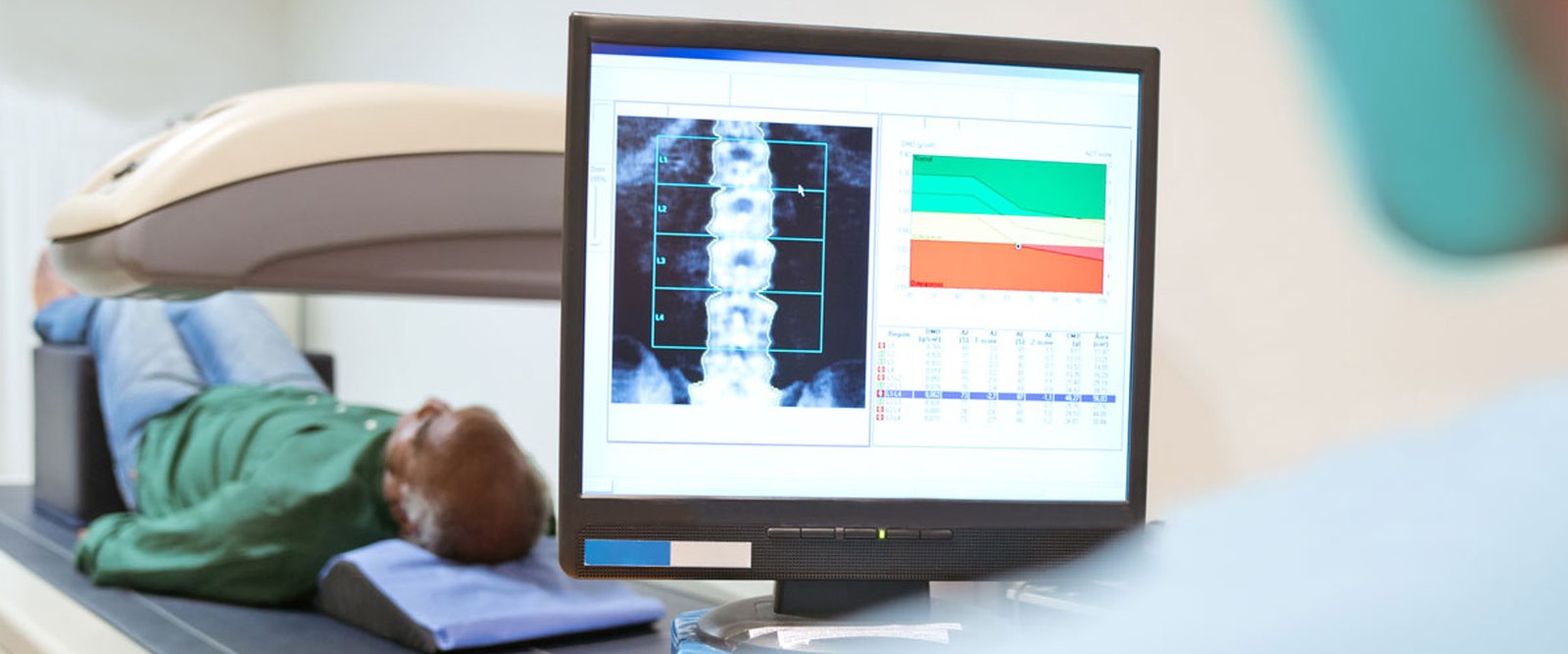
As we age, maintaining strong and healthy bones becomes just as important as keeping our hearts and minds fit. One of the most effective tools to assess bone strength is the DEXA scan — a quick, painless, and highly accurate test that measures bone mineral density (BMD). For the general population, especially women and the elderly, understanding and utilizing this test can be a game-changer in preventing fractures and ensuring a high quality of life.
Osteoporosis, often termed the “silent disease,” weakens bones gradually and without symptoms — until a sudden fracture occurs. Worldwide, it affects hundreds of millions, with postmenopausal women and older adults at the highest risk. In India and many other countries, increasing sedentary lifestyles, poor dietary calcium intake, and vitamin D deficiency have led to a surge in osteopenia and osteoporosis cases, even among younger individuals.
Early detection is crucial because bone loss can be slowed, stopped, or even reversed with appropriate lifestyle changes and treatment. This is where a DEXA scan plays a pivotal role.
DEXA (Dual-Energy X-ray Absorptiometry) is a specialized imaging test that uses low-dose X-rays to determine bone density, commonly at the hip and spine. It’s considered the gold standard for diagnosing osteoporosis and assessing fracture risk.
A DEXA scan is:
The test provides T-scores and Z-scores, helping doctors determine whether your bones are healthy, osteopenic (low bone mass), or osteoporotic.
Just like routine checks for blood pressure or cholesterol, regular bone density tests after a certain age can help catch issues before they turn serious. Timely diagnosis allows for early intervention with medications, supplements, weight-bearing exercises, and lifestyle modifications to strengthen bones and prevent fractures.
Ignoring bone health can lead to a cycle of fractures, immobility, and loss of independence, especially in the elderly. Proactive screening can not only extend life expectancy but improve day-to-day quality of life.
Strong bones are the foundation of a healthy, active life. Don't wait for a fracture to be your first symptom.
> "Take care of your bones now, so they can carry you later."
Stay informed. Stay strong. Get scanned. 💪🦴
Pre Insurance Health Check Partner.
We are committed to improving people’s lives through personalized health care. When you refer your patient to us, we are pleased to assist you with the diagnosis, treatment and monitoring of your patients’ care